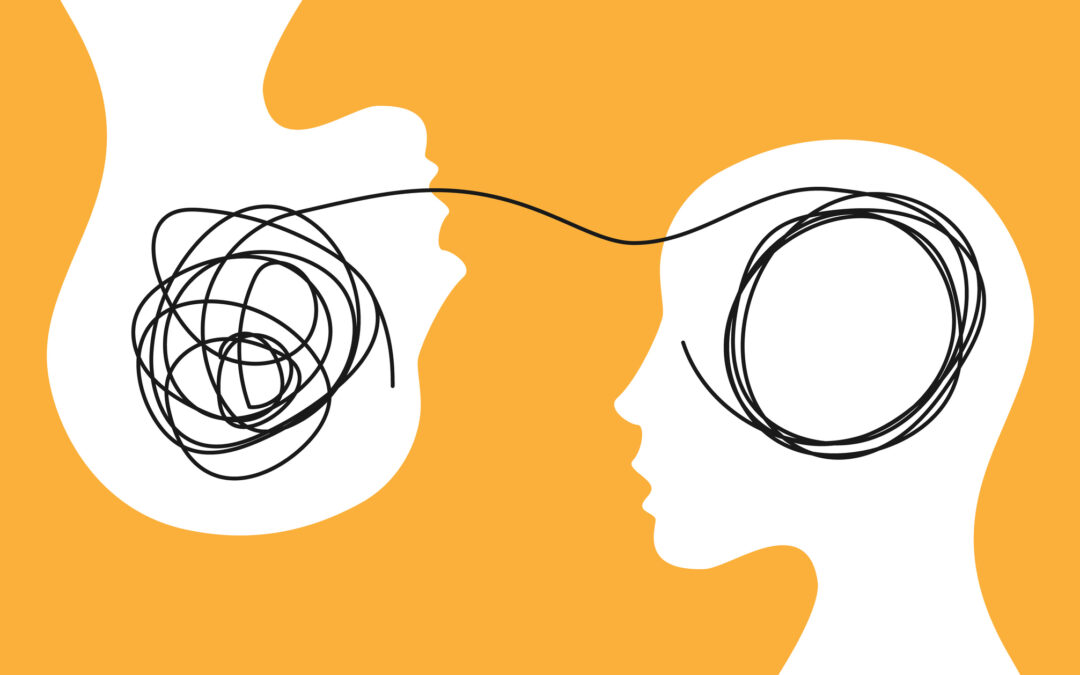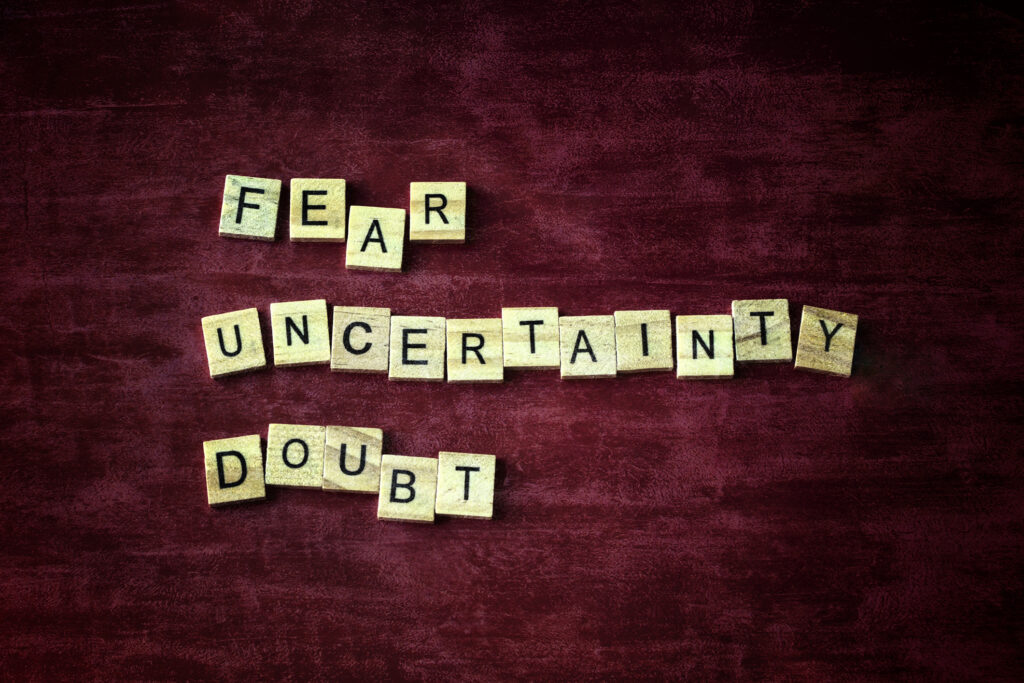Coping with Political Anxiety: How Therapy Can Help
In today’s world, it’s nearly impossible to avoid the constant stream of political news. For many, staying informed is essential—but for others, the weight of political turmoil can become overwhelming, leading to anxiety, despair, and even hopelessness. This is especially true for those in marginalized communities, including LGBTQ+ individuals, immigrants, disabled folks, and people of color, who often bear the brunt of policy changes and public debates that directly impact their rights and well-being.
At Star Meadow Counseling, we understand how political anxiety can take a toll on your mental health. Our therapists offer a compassionate, affirming space to process these emotions and find ways to move forward in alignment with your values. One evidence-based approach we use is Acceptance and Commitment Therapy (ACT), which provides tools for managing distress while fostering meaningful action.
Understanding Political Anxiety
Political anxiety can manifest in many ways, including:
- Racing thoughts and worry about the future
- Anger or frustration over injustices
- Feelings of helplessness or despair
- Burnout or exhaustion from activism or constant engagement with the news
- Avoidance or numbing as a way to cope
These reactions are understandable. Many people feel like they have to choose between staying informed and protecting their mental health. The good news is that therapy can help you find balance.
How ACT Therapy Can Help
Acceptance and Commitment Therapy (ACT) offers strategies to help people navigate political anxiety without becoming overwhelmed by it. Some key ACT principles we integrate into counseling include:
1. Accepting Your Emotions (Instead of Fighting Them)
It’s natural to feel anger, fear, grief, or exhaustion in response to political events. Rather than suppressing these feelings, ACT encourages you to acknowledge them without judgment. Through mindfulness and self-compassion, you can create space for these emotions without letting them control you.
2. Defusing from Overwhelming Thoughts
When political anxiety takes hold, it can feel like your thoughts are running the show. ACT teaches cognitive defusion techniques—such as naming thoughts (“I’m having the thought that…”) or visualizing them as leaves floating down a stream. These practices help create distance from distressing narratives so they don’t dictate your mood or actions.
3. Clarifying Your Values
Political anxiety often arises from deeply held values—justice, equality, community, safety. Rather than being paralyzed by fear, ACT helps you reconnect with what truly matters to you and find ways to live out those values in everyday life.
4. Taking Committed Action
You don’t have to do everything, but you can do something. Whether that’s setting healthy boundaries around news consumption, engaging in advocacy in ways that feel sustainable, or fostering connection with your community, ACT helps you take meaningful action that aligns with your values—without burning out.
A Space for Healing and Empowerment
At Star Meadow Counseling, we recognize that political anxiety is not just an individual struggle—it’s deeply connected to systemic issues that impact people’s lives. We hold space for the anger, grief, and exhaustion that come with living in uncertain times, especially for LGBTQ+ individuals, immigrants, and other marginalized groups who experience these stressors more acutely.
If you’re struggling with political anxiety, you don’t have to navigate it alone. We’re here to support you in finding balance, reclaiming your peace, and taking action in ways that feel right for you.
👉 If you’d like to work with a therapist who understands the intersection of mental health and social justice, contact us today.

From Pain to Power: The Narrative Trauma Therapy Experience
In the journey of healing from trauma, the power of storytelling is often underestimated. Yet, within the realm of mental health counseling, narrative trauma therapy stands as a profound method for fostering healing and resilience. By harnessing the narrative of one's...
Journaling and Mental Health
If you have ever had a conversation with your therapist about coping skill development, you have probably received a recommendation to begin a journaling practice. Understandably, sometimes journaling is met with skepticism - What does writing about my emotions solve,...
Empowering the Self: An Introduction to Internal Family Systems Therapy
Understanding the Internal Family Systems Model Developed by Dr. Richard C. Schwartz in the 1980s, Internal Family Systems Therapy draws on a unique perspective that views the human psyche as a family system. Just as a family consists of different members with...
Contamination Fears In a Contaminated World: What’s Appropriate And What’s Compulsive?
Covid, Measles outbreaks, Mokeypox- it can feel overwhelming to manage the constant barrage of new threats. For most people, a significant behavioral change is needed to ensure safety, but for people with OCD or health anxiety, where do you draw the line? What are...
What to Expect in Your First Counseling Session
So you made the decision to start therapy. You sorted through lists of available therapists, found Star Meadow, and made an appointment. Congratulations! This is the hardest step, and we’re so proud of you for taking it. For most people who have never been to therapy...

